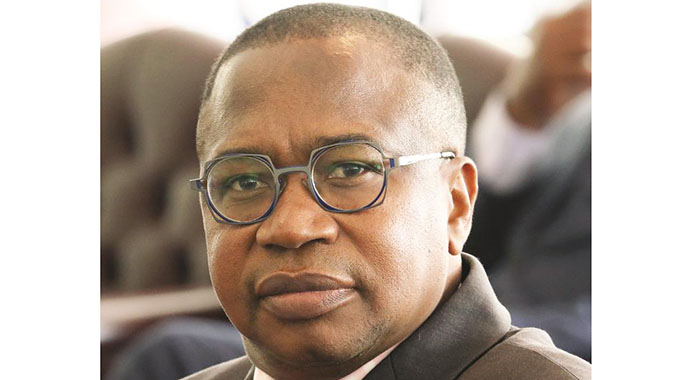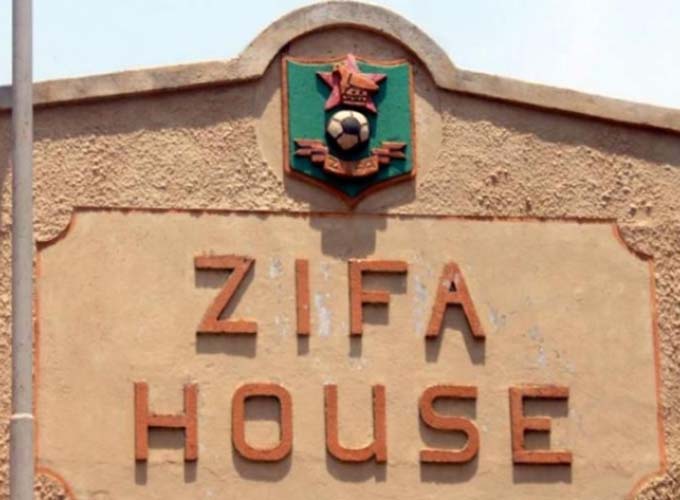Govt targets unremitted tax

Golden Sibanda
Government will employ aggressive measures to collect unremitted tax revenue amounting to $3,3 billion, including interest, to clear Treasury’s $2,3 billion overdraft position with the Reserve Bank of Zimbabwe (RBZ), according to Finance and Economic Development Minister Professor Mthuli Ncube.
The minister said the tax arrears of $3,3 billion included almost $1 billion tax interest owed in taxes.
Fifty percent of the funds have not been remitted to the Zimbabwe Revenue Authority (Zimra), which is expected to turn the heat on tax payers to settle their dues.
Parastatals and local authorities account for 20 percent of the unremitted funds.
Minister Ncube told Parliament recently that Government’s overdraft position was already more than 20 percent of the previous years’ revenues, which at law is the maximum Treasury is allowed to borrow from the apex bank.
The finance chief indicated his ministry had a two pronged approach to clear the debt including reducing Government expenditure and with it reliance on the RBZ overdraft facility and using proceeds from unremitted taxes to Zimra.
“First of all, we are going to curtail the use of the window when it comes to Government expenditure; by cutting Government expenditure in the first place.
“Secondly, we have unremitted taxes to the tune of $2,3 billion from Zimra, 50 percent of which private companies have not remitted to ourselves. We will collect it as aggressively as we can and we will make sure that this goes towards closing the hole with the Reserve Bank of Zimbabwe.
“So, we have got some liquidity out there that we can use in part to cover that hole with the RBZ, but 20 percent of those remittances to us as Treasury are from parastatals and local authorities. We are aware of that. We are doing everything we can so that we can raise those funds,” Minister Ncube said.
Government is saddled with a $16,9 billion debt, of which $9,6 billion constitutes external debt, which is blocking the country from accessing external lines of credit, while the balance is domestic and include the RBZ overdraft.
Through the Transitional Stabilisation Programme (TSP) unveiled recently Government said it will implement austerity measures aimed at addressing fiscal and debt challenges for sustained macro-economic stability and growth.
Against the background of yawning disparity between Government revenues and its expenditure requirements, Treasury resorted to borrowing from private sector and used Treasury Bills as instruments to settle the obligations.
While Government forecast budget deficit at $1,5 billion in 2017, it turned out that forecast was $1 billion off the mark at $2,52 billion, then equivalent to 16,6 percent of gross domestic product (GDP), estimated at $16 billion last year.
The fiscal deficit, against projected revenue of just under $4billion, surged to 14,7 percent of GDP in 2017 from 8,75 percent in 2016 and 2,4 percent in 2015.










Comments